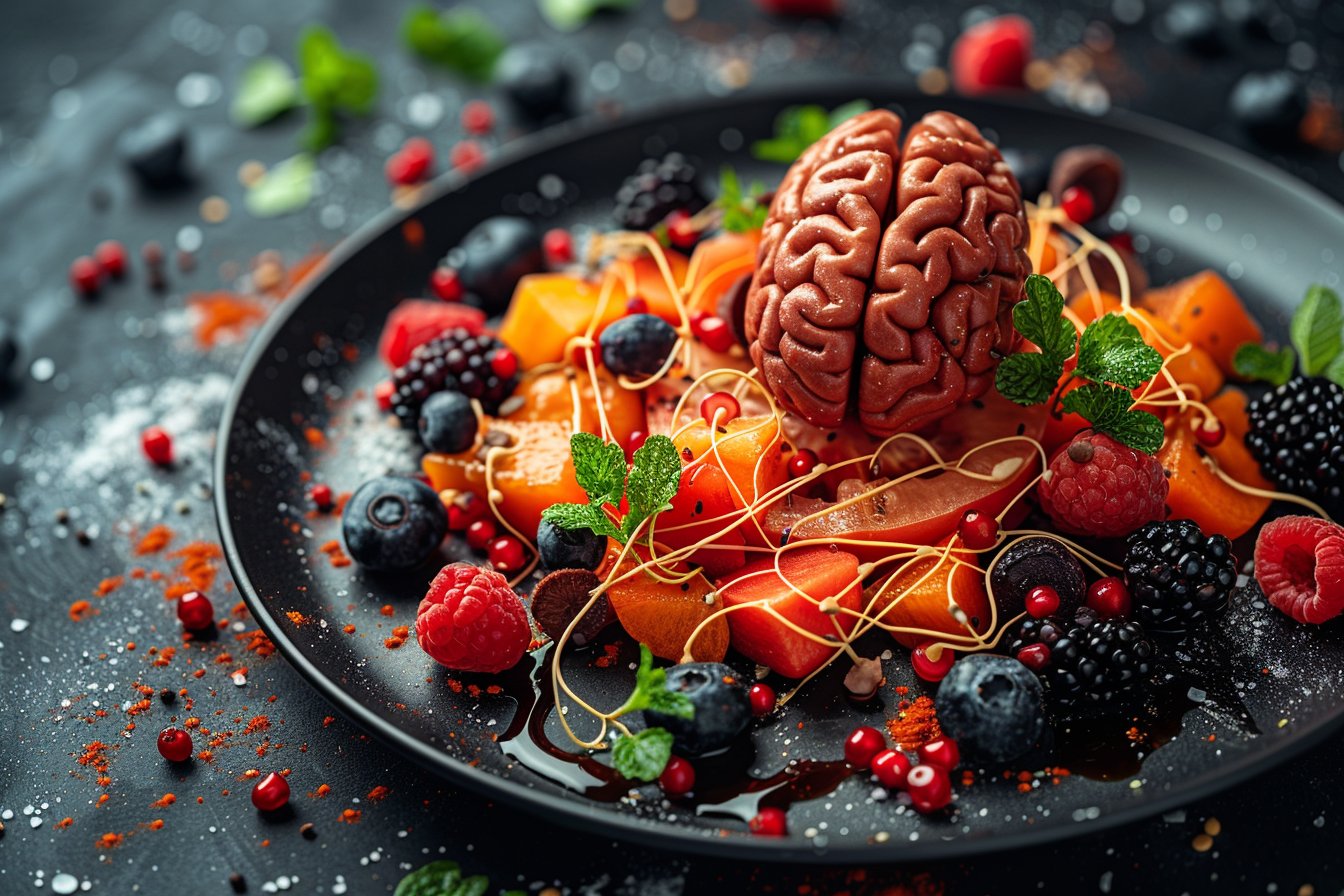In today’s world, people are becoming more conscious about the food they consume and its effects on their overall health. Gone are the days when individuals made food choices based solely on taste or convenience factors. The food we eat has a significant impact on our physical, mental, and emotional well-being, and this has become increasingly apparent in recent years. This article aims to explore the various ways in which food can shape our lives.
The Relationship Between Food and Physical Health
Nutritious food is paramount to maintaining good health, and its importance cannot be overstressed. Incorporating a balanced diet containing essential vitamins, minerals, antioxidants, and other beneficial compounds found in whole foods like fruits, vegetables, lean proteins, and healthy fats allows our bodies to function optimally.
Boosting Energy Levels
Consuming energy-boosting nutrients such as complex carbohydrates, healthy fats, and proteins can help ensure that you’re able to power through your day without feeling fatigued. Foods rich in these nutrients include whole grains, nuts, seeds, and lean meats.
Weight Management
A well-balanced diet coupled with regular exercise is crucial for maintaining a healthy weight. Consuming nutrient-dense foods and avoiding processed, high calorie foods may aid in preventing obesity and promoting weight loss.
Immune System Support
Eating a variety of immune-supportive foods that are rich in antioxidants, vitamin C, and zinc can help to keep the immune system strong. A robust immune system is essential for fending off infections and illnesses, ensuring that we remain healthy throughout our lives.
The Role of Food in Mental Health
Recent studies have highlighted the connection between diet and mental health, reshaping our understanding of how the food we eat affects our mood and cognition.
Brain Function
Some nutrients play a significant role in maintaining optimum brain function. Omega-3 fatty acids, for instance, are essential for brain health and can be found in foods such as salmon, walnuts, and chia seeds.
Mood Regulation
Research has shown that certain dietary patterns may influence mood regulation by impacting neurotransmitter function. Foods rich in tryptophan, an amino acid that helps in serotonin production, have been linked to decreased feelings of depression and anxiety. Examples of these foods include turkey, eggs, and spinach.
Emotional Wellbeing Through Food
Food not only impacts our physical and mental health but also influences our emotional well-being. Our eating habits may significantly affect how we feel about ourselves and our relationship with food.
Mindful Eating
Practicing mindful eating, which involves paying attention to our body’s hunger and fullness cues while enjoying each bite attentively, enables us to develop a healthy eating pattern resulting in improved self-esteem and satisfaction.
Comfort Foods
It’s no secret that certain foods hold emotional significance for many individuals. Indulging in comfort foods occasionally can bring back cherished memories and elicit positive emotions, fostering emotional wellbeing.
Nutritional Deficiencies: A Word of Caution
Our bodies are like intricate machines that thrive on a constant supply of essential vitamins and minerals in order to maintain their various functions. Consuming inadequate amounts of key nutrients over time can lead to nutritional deficiencies, causing a host of adverse effects on our health. Here are a few of these:
- Vitamin D deficiency – This can lead to bone-related ailments such as rickets and osteoporosis.
- Vitamin B12 deficiency – A lack of this essential vitamin can cause anemia, fatigue, and neurological problems.
- Iron deficiency – Characterized by tiredness, shortness of breath, and pale skin, iron deficiency is the leading cause of anemia worldwide.
To avoid falling prey to these deficiencies, it is crucial to follow a well-rounded diet that consists of various nutrient-dense foods suited to individual preferences and needs.
Personalized Nutrition: One Size Does Not Fit All
Acknowledging that everyone’s nutritional needs vary based on factors such as age, gender, genetic makeup, and lifestyle is vital. Consequently, personalized nutrition plans tailored according to specific requirements are becoming increasingly popular for achieving optimum health outcomes. Consulting with a certified nutritionist or healthcare professional may provide guidance in tailoring a nutrition plan best suited to your needs.
Considerations for Special Diets
For those following certain special diets, it is essential to ensure adequate intake of nutrients while adhering to dietary restrictions. Examples include vegans who require vitamin B12 supplementation or individuals with celiac disease who need appropriate substitutes for gluten-containing products.
In conclusion, understanding how food affects our physical, mental, and emotional wellbeing allows us to make conscious decisions concerning our eating habits today and for years to come. Every bite we consume has the potential to either empower or deter our health. The choice lies in our hands.







